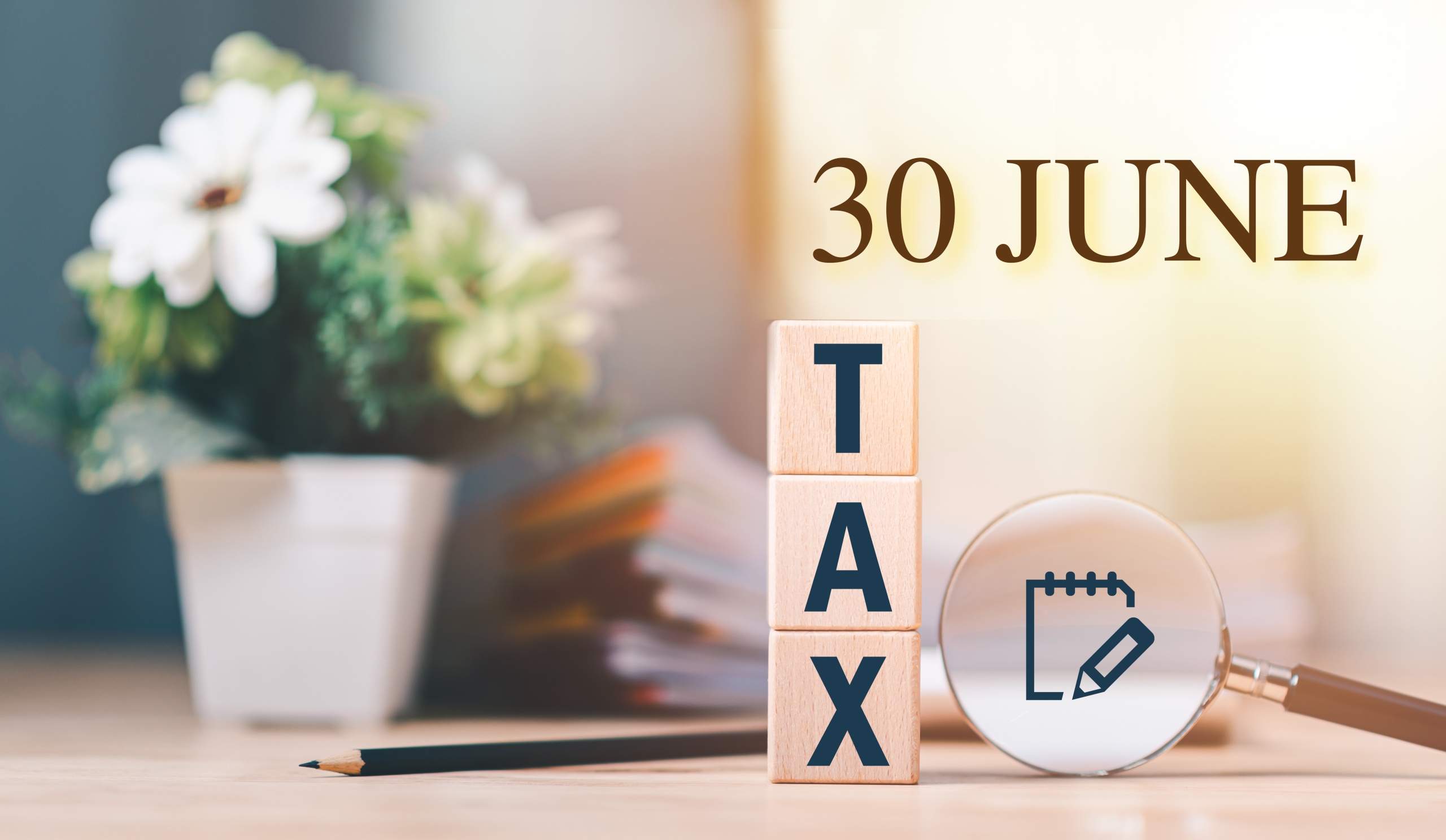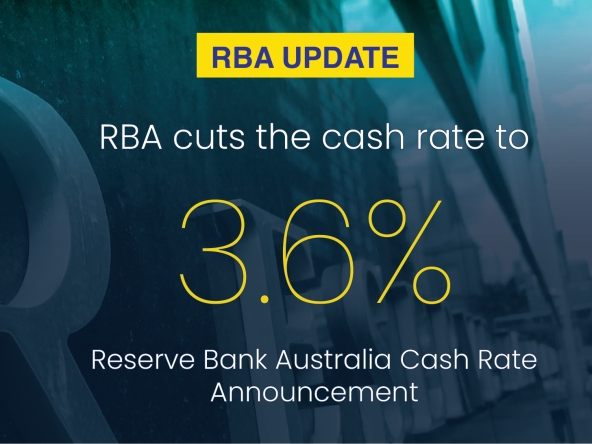
![]()
Owning or planning to invest in a rental property? It’s essential to understand how rental income is taxed and what deductions you can claim. Property remains a popular investment path in Australia, with over 2.2 million people owning investment properties, according to the ATO.
Australia’s Rental Market Snapshot
In recent years, tight rental supply, rising immigration, and slowing new housing approvals have driven up rents. While rental growth has since moderated, investor interest remains strong. As of 2024, investors account for 37% of home lending—up from 34% in 2023 and 33.5% in 2022.
But along with potential profits, rental properties come with tax responsibilities. Here’s what you need to know.
Rental Income: What’s Taxable?
Any rent you receive—whether from the whole property or part of it—is considered assessable income by the ATO. Like wages, dividends, and interest, rental income must be declared on your annual tax return. It is taxed at your marginal tax rate.
2024–25 Individual Tax Rates:
| Taxable Income | Tax Payable |
| $0 – $18,200 | Nil |
| $18,201 – $45,000 | 16c per $1 over $18,200 |
| $45,001 – $135,000 | $4,288 + 30c per $1 over $45,000 |
| $135,001 – $190,000 | $31,288 + 37c per $1 over $135,000 |
| $190,001 and over | $51,638 + 45c per $1 over $190,000 |
Note: New tax cuts are set to take effect from 1 July 2026, subject to the May 2025 election.
Rental Property Tax Deductions
The good news? You can reduce your taxable rental income through deductions—provided the property is not your primary residence. These include:
- Property Management & Maintenance
- Advertising for tenants
- Property manager/agent fees
- Body corporate fees
- Cleaning, pest control
- Insurance (home, contents, landlord)
- Utilities (if paid by you, not the tenant)
- Gardening and minor repairs
- Legal and tax advice related to the property
- Borrowing Costs
- Loan setup fees
- Lender’s mortgage insurance
- Mortgage broker fees
- Title search costs
- Interest on the loan (but not the principal)
- Stamp duty (not deductible upfront, but a cost base adjustment for CGT)
- Depreciation
You can claim wear and tear on:
- Capital works: structural items like roofs, walls, and driveways
- Plant & equipment: carpets, appliances, curtains, air conditioning, etc.
What You Can’t Claim
- Personal use expenses
- Loan principal repayments
- Purchase/sale solicitor or conveyancing fees
- Travel expenses for inspections (not deductible since July 2017)
Other Tax-Deductible Property Costs
Council Rates
Known as property tax, this covers local services and is payable by the owner (not tenants). Claimable only for periods the property is rented.
Land Tax
Applies in every state and territory (except NT) on non-owner-occupied properties above a certain value threshold. Also tax deductible.
Capital Gains Tax (CGT)
When you sell an investment property, any profit is subject to CGT. This gain is added to your taxable income.
CGT Discount: If you’ve owned the property for over 12 months, you may qualify for a 50% CGT discount.
Six-Year Rule: You can treat a former home as an investment property and claim CGT exemption for up to 6 years if certain conditions are met.
What is Negative Gearing?
If your rental expenses exceed your rental income, your property is negatively geared. You can deduct this net loss from your total taxable income, reducing your tax bill. This is often used as a short-term loss strategy in hopes of future capital gains.
In contrast, positive gearing means your rental income exceeds expenses—and that profit is taxable.
Important: You’ll need sufficient cash flow to cover losses upfront before claiming them at tax time.
Keep Records—Or Risk Missing Out
The ATO requires you to keep records of income and expenses for at least five years. You can’t claim what you can’t prove—so keep receipts, invoices, and bank statements organised (physical or digital).
Final Tips
Taxation on rental income can be complex. To ensure you’re compliant and maximising deductions, always:
- Refer to ATO guidelines: ato.gov.au
- Consult a tax agent or accountant (bonus: their fee is tax deductible!)
Owning an investment property can build long-term wealth—but knowing the tax rules could make all the difference between profit and loss.



